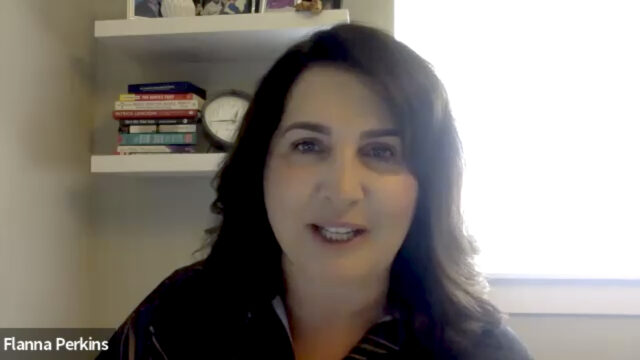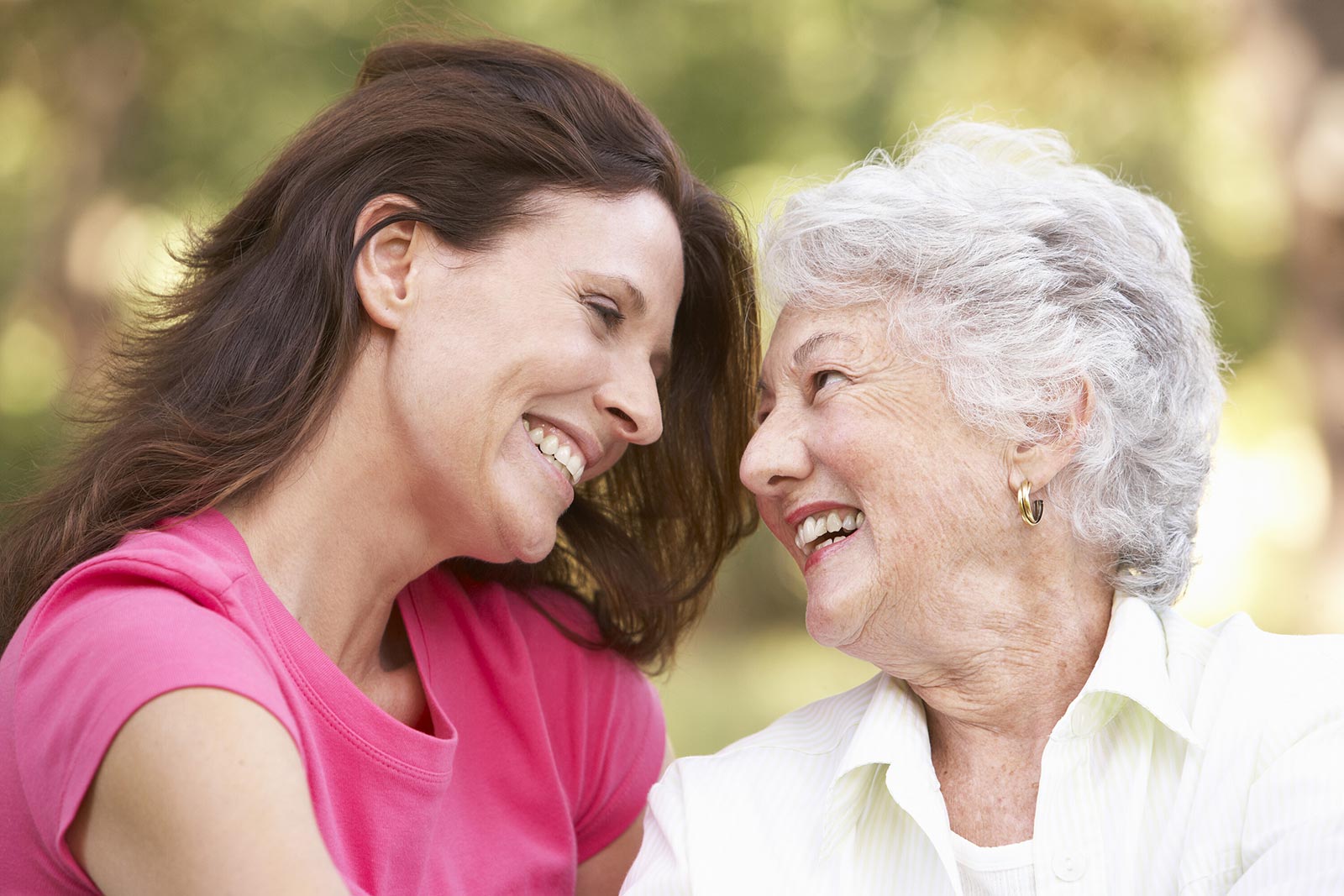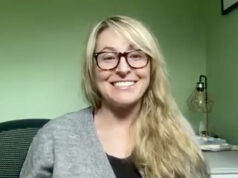Flanna Perkins, CEO of Fedelta Home Care in Seattle & Portland, Oregon, joins Suzanne to talk about caregivers getting extra assistance from home care, a wonderful way to improve the lives of both the caregiver and the senior.
Suzanne says, “A caregiver isn’t supposed to be a sacrificial lamb. They are supposed to be an advocate, and I think that’s a mind shift. It’s an ability to understand that you’re a facilitator, and it’s still about your loved one’s life. And I think that’s one of the things that we forget. I know, I forgot that point while caregiving.”
Flanna replies, “One thing I see a lot of times is that decision making leaves the client. If we stop trusting that our parent, for example, can make their own decisions and can live their own life. And there’s this concept called ‘dignity of risk.’ And sometimes we don’t give people that dignity to take their own risks. Your parent’s health is declining, and you come in, and you really start dictating a lot of things. And to me that’s when I see the relationship between the elderly person and their adult child take a turn for the worse. It’s really important to allow the person who needs care, the ability to continue to make decisions for themselves, and have that independence. I think that by doing that, you end up having more trust with your parent, or whoever you care for, and understand what their wants and desires are.
“A lot of times we come in too late, very late in the process of the person’s illness. And so now it’s very difficult, because we’re a stranger, and they don’t know us, and we’re coming in and providing a person that they don’t know, and the person receiving care is scared and they’re nervous. And so one of the big recommendations I have, and that’s why I’m such a believer in respite care, is that when you start seeing that your loved one needs a little bit more care, needs a little bit more help, start home care a little bit sooner, with fewer hours. And [when you’re] in a respite care-type situation, you’ll then have things in a much better place when you need a little bit more care, and you can just kind of slowly increase care for that loved one, and it isn’t such a whiplashing experience for them. So that’s, that’s one of my recommendations.
“When we come in and provide care, most times families are really relieved. It’s really powerful. They just feel like they can just kind of like really go back to being the adult child.”
Suzanne suggests, “Select a home care agency before you need them. Especially if someone’s on Medicaid, they have to get approved. If you’re aging in place at home, even if you don’t need home care, get you yourself registered with one. Then if you have a fall, you need somebody, whatever it is, you don’t have to go through a process. You can have somebody there that day. in many cases.” Flanna agrees. “Every state has a lot of regulations around these services. It isn’t just a matter of dispatching a caregiver into a home. There’s a very kind of formal process that happens. When we see situations that are very stressful, [it’s because] there’s been a lot of delay in getting services started.”
Learn more:
* Fedelta: https://fedeltahomecare.com/
Hear more:
* Podcasts celebrating caregivers: https://answersforelders.com/category/saluting-caregivers/
Answers for Elders is part of the SeniorResource Network: https://www.seniorresource.com/
Check out our affiliate podcast Alzheimer’s Speaks: https://alzheimersspeaks.com/
















